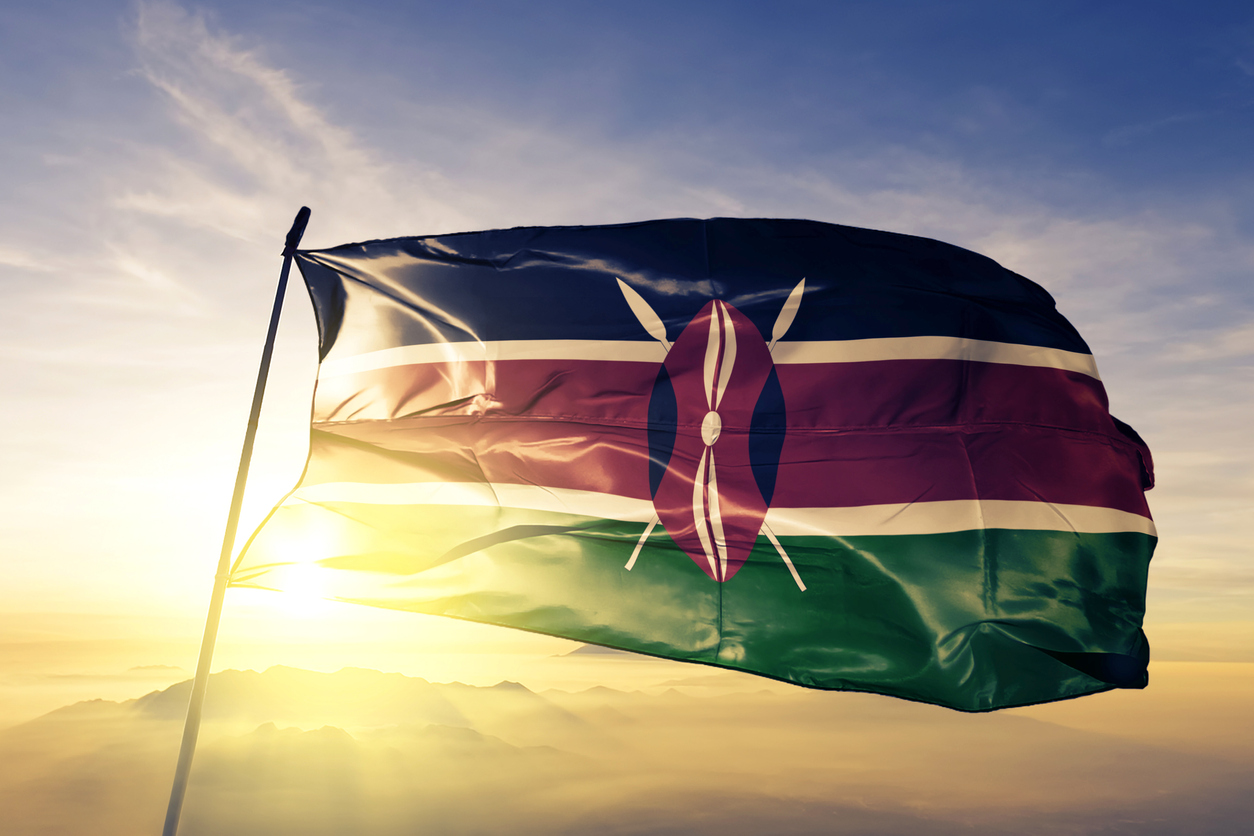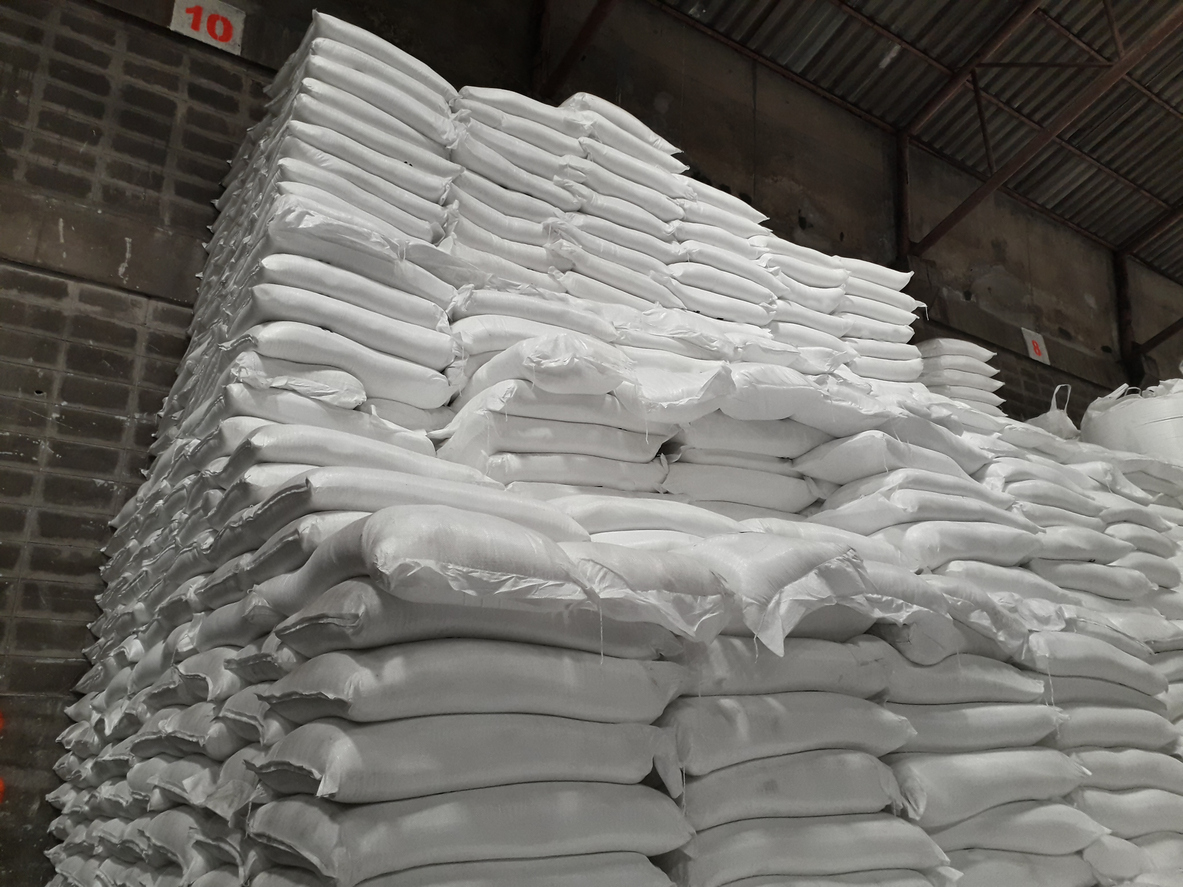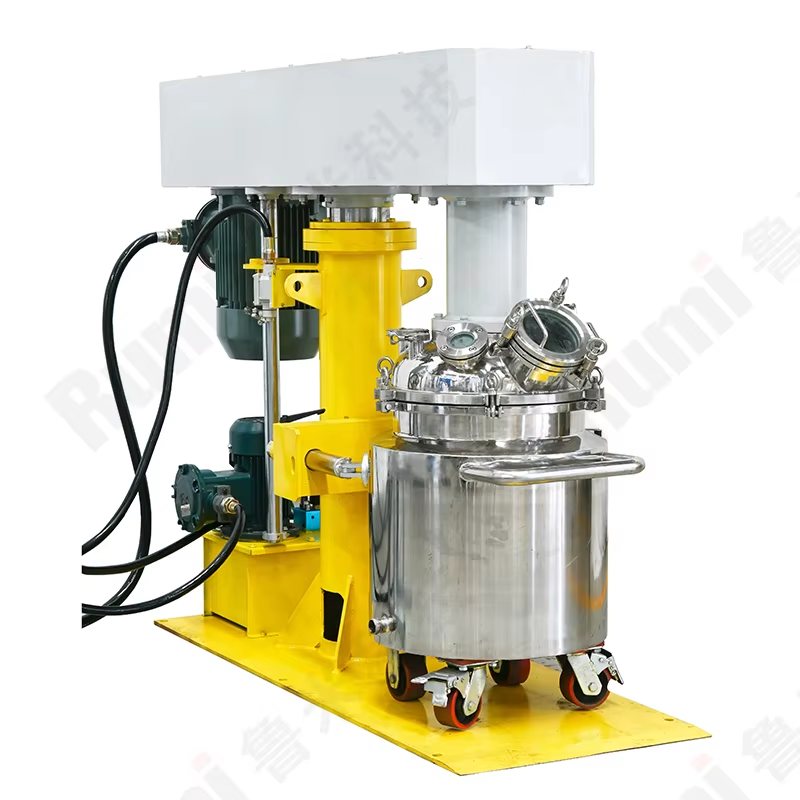Shipping Your Goods from Myanmar to Kenya: A Step-by-Step Guide
Shipping Your Goods from Myanmar to Kenya: A Step-by-Step Guide
When choosing the best way to ship your goods from Myanmar to Kenya, there are a range of options available to you. However, not all of these services are equal in terms of cost and ease of use. Therefore, it’s important that you take time to understand your needs before making a final decision on the type of shipping services you’ll use. There are several factors to consider when shipping your goods from Myanmar to Kenya or vice versa. The distance and the volume of your shipment; whether you need refrigerated transportation; how much time you have left until your goods need to be delivered – all of these factors will influence which mode of transportation is right for you. If you are looking for a reliable partner who can assist with shipping services from Myanmar to Kenya or vice versa, then read on for our step-by-step guide with everything you need to know.
Step 1: Find out how much your shipment weighs
For all modes of transportation, the first step is to find out how much your shipment weighs. This will affect the overall cost of your shipment, as well as whether you need to make special arrangements for a refrigerated shipment. In order to determine the best way to ship your goods, you first need to know the dimensions and weight of your shipment. While weight is easy to measure using a scale, determining the dimensions of your shipment can be a little trickier. If you are shipping break-bulk cargo, then you will need to know both the width and length of your shipment. If, however, you are shipping in a container, then you will only need to know the length of your shipment.
Step 2: Decide on the best way to ship your goods
After determining the weight of your shipment, the next step is to decide on the best way to ship your goods. In terms of the best way to ship your goods, there are three main options that you should consider: – Air freight – If your shipment is time sensitive, then air freight might be the best option for you. Air freight is quick and convenient, but also very expensive. If your shipment is urgent, then you may need to factor in extra costs for an expedited service. – Sea freight – Sea freight is a reliable and affordable way to ship your goods. It is also typically used for shipments that are very large in size. However, it does take longer than other modes of transportation. – Land freight – Land freight is a great option when you need to ship several smaller shipments from Myanmar to Kenya. It is often the most cost-effective shipping method when you are shipping smaller shipments.
Step 3: Find a shipping company
Next, you will want to find a shipping company that can assist you with your shipment. This will be an important decision, so you will want to make sure that you choose a reputable and trustworthy company. There are several ways that you can go about finding a shipping company. You can: – Use an online search engine – An online search engine can be a good place to start your search. Through these search engines, you can use key words such as “Myanmar to Kenya shipping” to find relevant results. – Ask your shipping broker – If you already have a shipping broker, then you can use them to help you find a new shipping company. Alternatively, you can also ask your current shipping broker to recommend other companies that you can contact. – Ask your shipping company for recommendations – If you decide to hire a company to ship your goods, then you can ask them for recommendations for other companies that they work with. – Use an online freight exchange – An online freight exchange can be a good place to find a shipping company. Through these exchanges, you can use a simple online search to find companies that operate in your area.
Step 4: Package and label your goods
Once you’ve found a shipping company to handle your shipment, the next step is to package and label your goods. The way you package your shipment will have a significant impact on its safety and the ease of the shipping process. You will want to make sure that you carefully consider the following factors: – Volume – You will need to make sure that your shipment does not exceed the maximum volume of your chosen transportation mode. – Weight – You will want to make sure that your shipment does not exceed the maximum weight of your chosen transportation mode. – The type of goods you are shipping – Certain types of goods require special packaging. For example, perishable items will often require special refrigerated packaging. – The destination of your shipment – The destination of your shipment will have a significant impact on the packaging requirements. For example, if you are shipping to a hot climate, you will need to make sure that your goods are well-protected from humidity.
Step 5: Pick up your shipment
Finally, once your shipment arrives at the destination, you will want to pick it up as quickly as possible. You will want to make sure that you are able to identify your shipment and that it is being stored in a safe location. By being present when your shipment arrives, you can help to avoid any delays in the pickup process.
Final Words
Shipping your goods from Myanmar to Kenya is a complex process that requires careful planning and attention to detail. By following our step-by-step guide, you can make sure that you understand each part of the process, so that you can make the most of your shipping experience.








LEAVE A COMMENT
You must be logged in to post a comment.